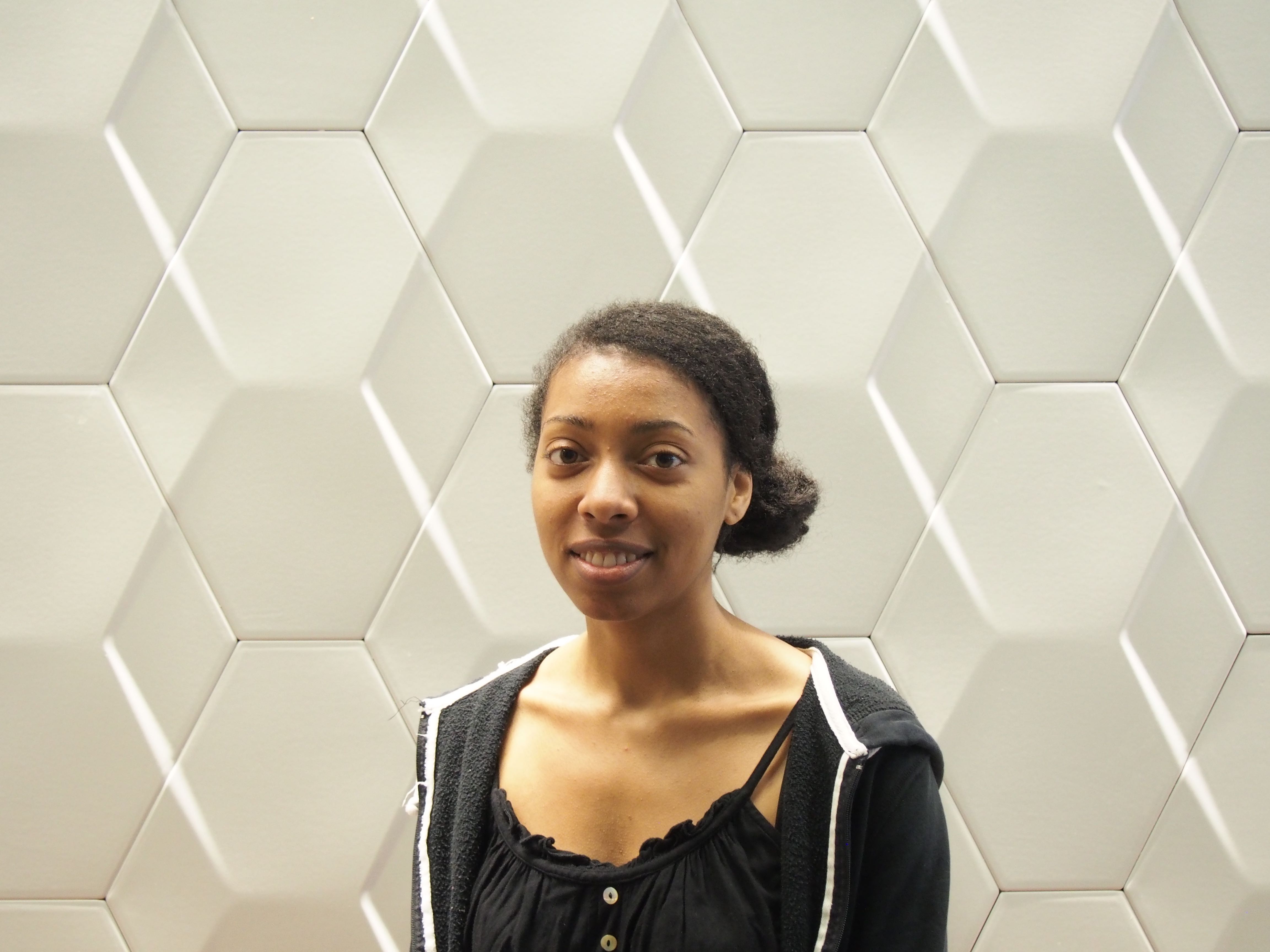Reflection: The Social Side of Cataloging
A lot of the Early Novels Database project feels like common data entry. We see the paratexts, learn the various data fields, and plug and chug from one record to the next. Except for the very first week on the job (which was spent learning with our more experienced peers), the day to day protocols have little to do with social interactions. Looking at it this way, the act of cataloging itself seems like it should be a solitary experience. That couldn’t be more wrong. The END Project in its entirety revolves around the idea of access, shared knowledge, and communal interest. Every step of the novel documenting process we employ here exponentially expands the books’ sphere of influence, meaning the availability of the book and the amount of discourse on it increase constantly.
Let’s start from the very beginning: many of the novels we work with were once part of private libraries. Their original owners and maybe a couple of friends and acquaintances had the opportunity to handle them, and that’s it. From there the novels passed from hand to hand until eventually they ended up here in one of our libraries’ collections. With this simple move, private became public. However, though thousands of curious people can get in to interact with the novels, this level of access is not enough; for the most part these lesser known texts are still hovering in dusty obscurity in dark shelving units.
Now END plays a more active role in the socializing of these novels. Why are we cataloging these things? Who really cares that Blah-Blah a Novel was written in 1863? The answer is we do. There is a reason we, the catalogers, sit in a single room together for nearly seven hours Monday through Friday when there are plenty of places (warmer places) we could spread out to. Instead of completely burying our heads in clicking keys and xml displays we ask questions, share amusing footnotes, and work together to puzzle out whether messily written inscriptions say “Bill” or “Belle.” This isn’t just for the sake of accuracy in the records, but for our own curiosity as well. There is something exciting about the act of discovery that compels us to share our finds, if for no other reason than one person finds it interesting and therefor another might as well.
So far this is only one group of catalogers in one room, but the END has branched off to another school as well and is hoping to bring in even more. Now there is twice as much exposure for the novels as we swap back and forth with check-ins, discussions, and all manner of live interaction. We get to know each other in this digital humanities community. On top of that we are generating a discourse through our records.
By far the largest step cataloging takes into the social sphere—and the last step of our process—is digitizing various pages of the novel and throwing them up on to a several social media platforms, notably Flickr, where we post pictures of every novel we catalog. Illustrations and titles that used to only be seen by a handful of people over the course of a lifetime have become available for literal millions to observe. It is quite common of the course of a cataloging day to hear someone casually mention tweeting one of their pictures or commenting verbally on another person’s withknown post. To put it simply, cataloging with this project is a highly social experience not just for the catalogers but for the novels as well.
